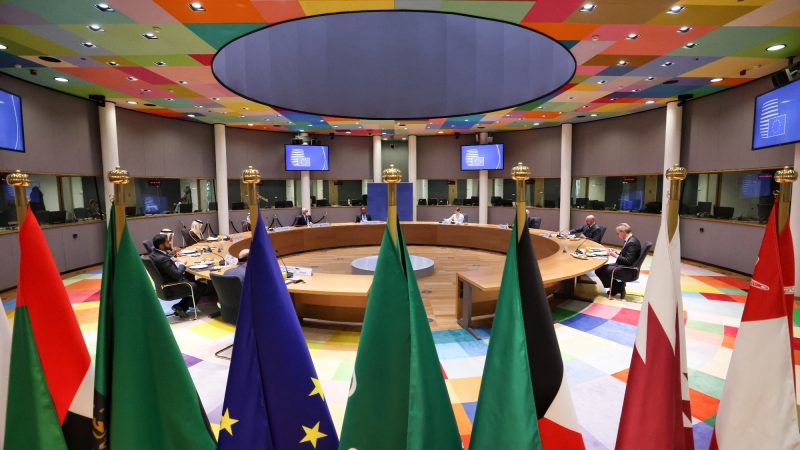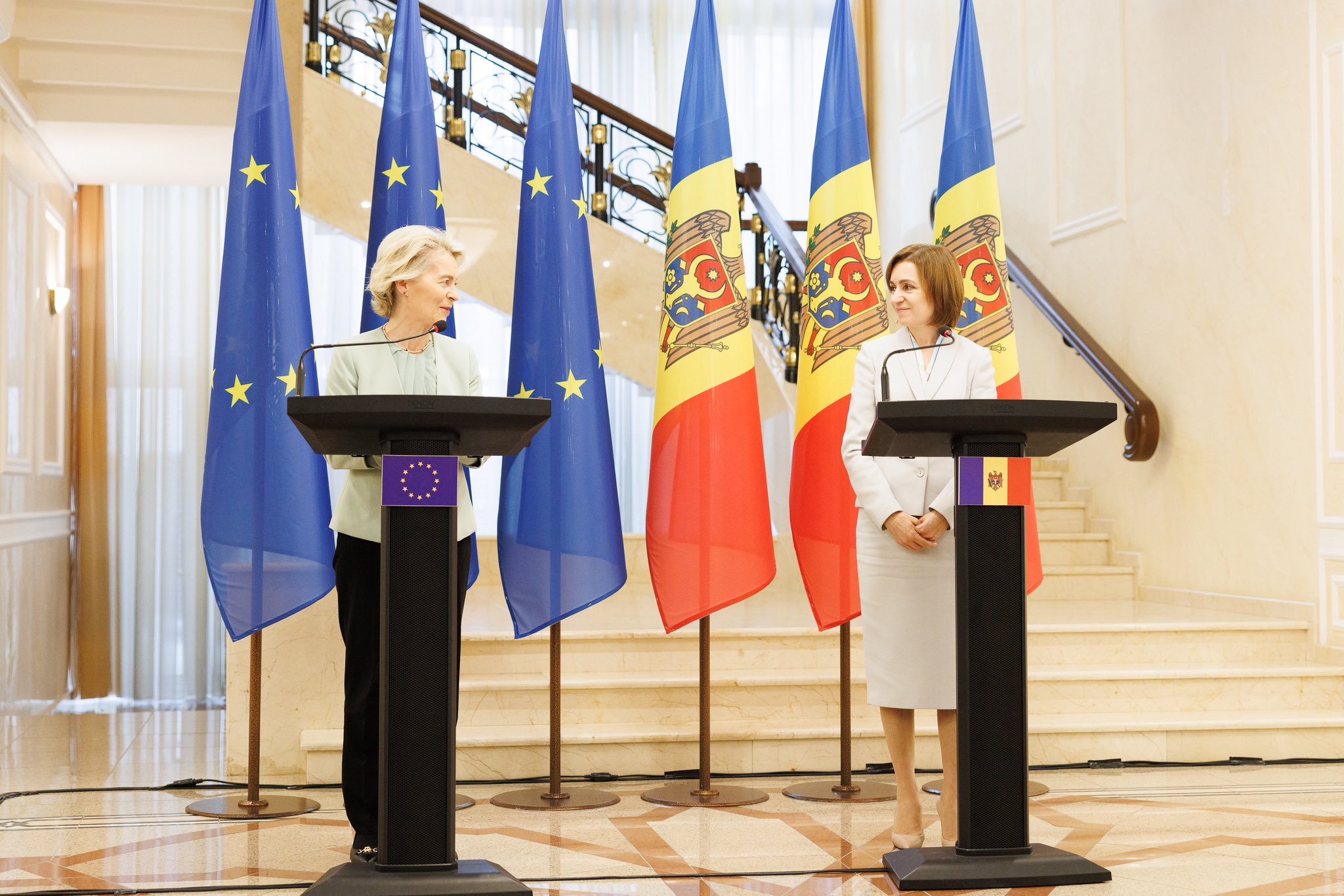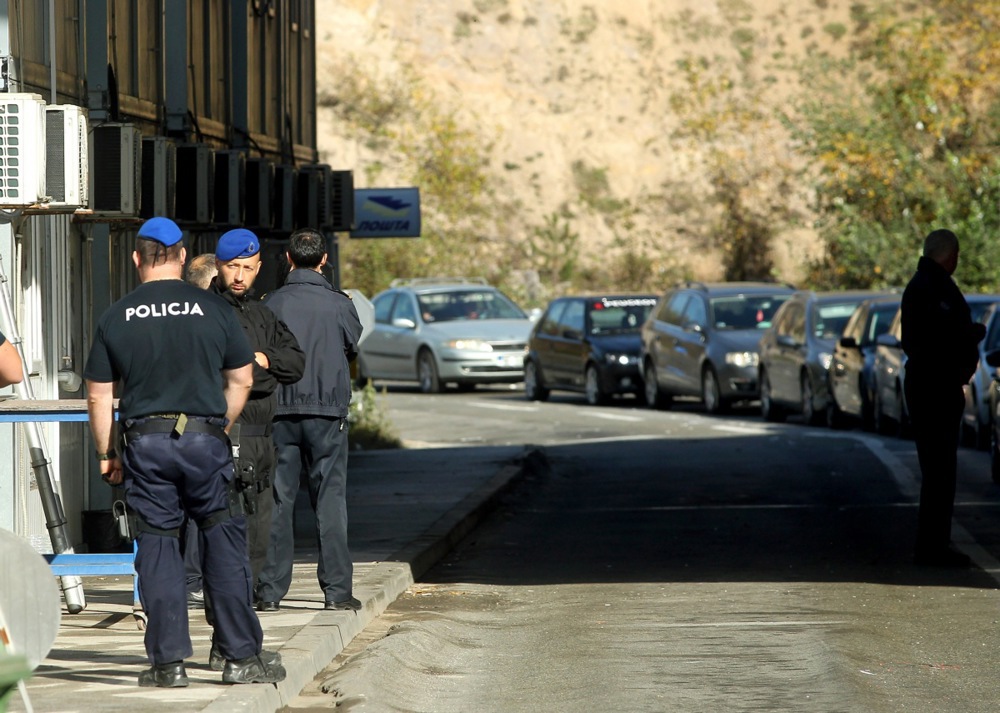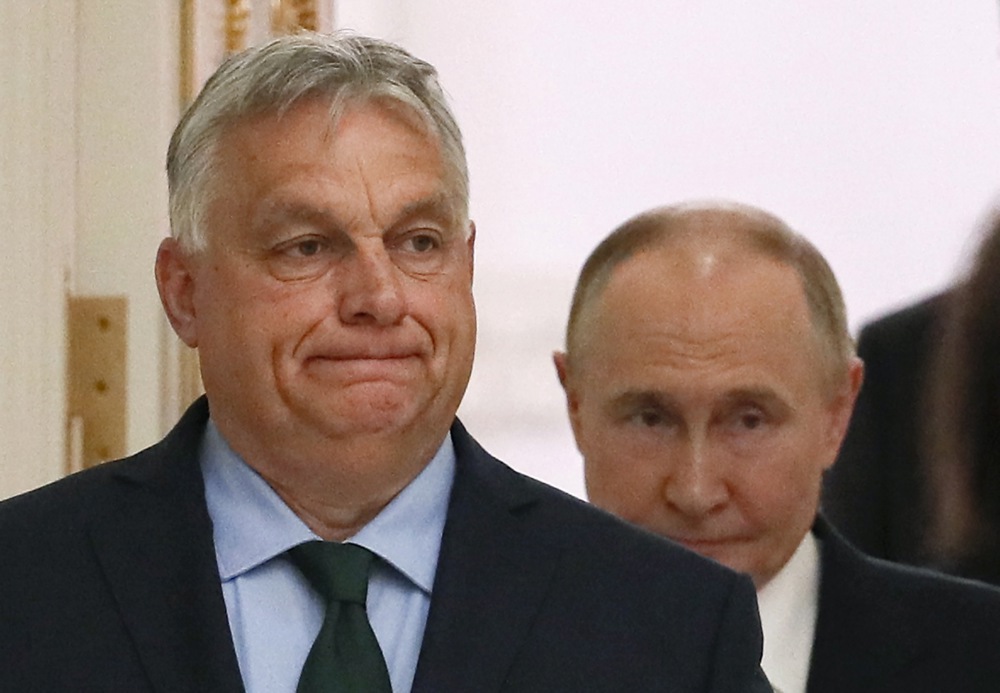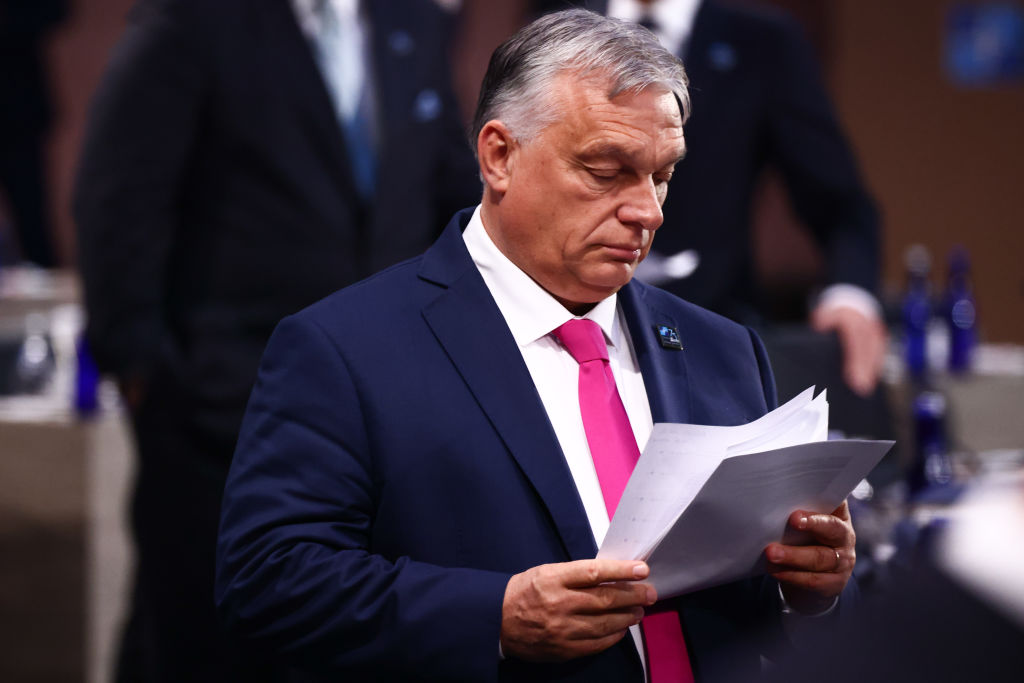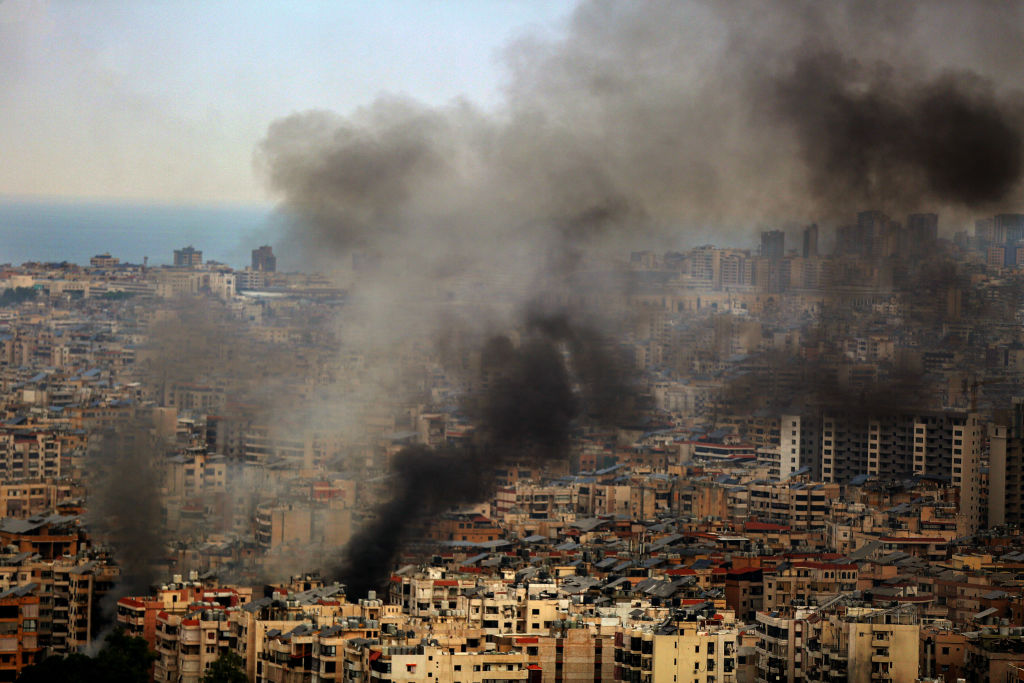 Euractiv is part of the Trust Project
Euractiv is part of the Trust Project
As the first-ever summit between the European Union and the Gulf Cooperation Council (GCC) will take place next week, Europeans are eyeing closer ties on regional security and economic issues.
EU leaders are expected to meet with their six Gulf counterparts - Bahrain, Kuwait, Oman, Qatar, Saudi Arabia and the United Arab Emirates (UAE) - in Brussels next Wednesday (16 October) in a first high-level summit.
The GCC, headquartered in Saudi Arabia's capital, Riyadh, is a regional body that seeks political and economic cooperation between the six Gulf states.
"[One of the priorities in terms of outcome] is a political message that we want to make our relationship between EU and GCC more strategic," European Council President Charles Michel told Euractiv.
Declaration language
A key matter to watch will be how both sides manage to solve the balancing act of the joint summit declaration, whose text has been sent back and forth between both sides in the past weeks.Several EU diplomats pointed out to Euractiv that as the declaration is meant to cover a broad range of sectorial cooperation issues, they expect a "Christmas-tree approach", meaning no strong line is likely to be taken.
The joint statement should reflect the ambition of the two regions but, at the same time, temper expectations regarding far-reaching cooperation on free trade agreements and visa liberalisation.
"Trade will be the most prominent theme, add to that focus on energy and climate, connectivity, humanitarian aid, security dialogue, and people-to-people contacts and human rights - basically, something there for everyone," one EU diplomat said.
"A number of member states have asked for stronger texts on Ukraine and the denouncement of Russia and on sanctions evasion, some push for stronger text on gender and human rights," a second EU diplomat said.
Geopolitics rules
EU member states, long used to viewing cooperation with the Gulf states through a US prism, have struggled to recalibrate their relationships with the region.Over the past year, and especially since the Israel-Hamas war broke out, the EU has increasingly looked towards strengthening ties with regional actors.
Most recently, a new international coalition to seek a two-state solution to the Israel-Palestine conflict has gained traction, which emerged out of EU-co-hosted talks on the sidelines of the UN General Assembly.
EU leaders are likely to test how far such cooperation could go, some diplomats say, as there is broad alignment on condemning both Hamas’ 7 October attacks and Israel’s war on Gaza, as well as the need to de-escalate tensions in the region amid the situation in Lebanon.
"On the geopolitical topics - the Middle East, Russia's war against Ukraine, other wars and conflicts like in Africa and Sudan - we want to engage with [the GCC] and encourage them to play a stronger role in defending our rules-based order [and further support for the UN charter]," Michel told Euractiv.
But the latter could be a tough sell, EU diplomats say, as the bloc desperately tries to distance itself from accusations of double standards in its response to Ukraine and Gaza.
"It's not likely we'll be able to achieve much at this summit, not with Ukraine and the wider Middle East on fire simultaneously," a third EU diplomat said.
"And it is not enough to repeat that Russia is an unreliable geopolitical partner because of its evident ties to Iran," they said, in reference to the region's increasingly uneasy ties with Russia.
The Moscow-Tehran axis has raised concerns across the Gulf over arms supplied by Russia to pro-Iranian Houthi rebels, which remain at war with both Saudi Arabia and the UAE.
Trade, trade, trade
The European Commission believes bilateral deals with individual countries in the region are now more feasible, according to people familiar with the matter. Efforts for a region-to-region deal have so far fallen flat since they began in 1990.Frustrated by the lack of progress on a region-to-region deal, the UAE has lobbied Brussels to start talks on a trade pact separate from the GCC talks, Reuters reported in March.
At the same time, Europeans are concerned that negotiations for bilateral trade deals risk alienating other countries, such as Saudi Arabia, who would prefer a region-to-region agreement.
Starting such bilateral talks would require a new mandate from EU member states, which, according to EU diplomats, could take several months.
At the same time, the UAE keeps close ties to Russia, which has prompted Western countries to push Abu Dhabi to crack down on companies evading Western sanctions on Moscow through its territory.
However, legally binding human rights clauses, environmental standards, and specific language on public procurement are likely to remain long-standing sticking points should those talks move on.
[Edited by Owen Morgan]

 euractiv.de
euractiv.de
 euractiv.fr
euractiv.fr
 euractiv.es
euractiv.es
 euractiv.it
euractiv.it
 euractiv.pl
euractiv.pl
 euractiv.bg
euractiv.bg
 euractiv.cz
euractiv.cz
 euractiv.gr
euractiv.gr
 euractiv.ro
euractiv.ro
 euractiv.sk
euractiv.sk
